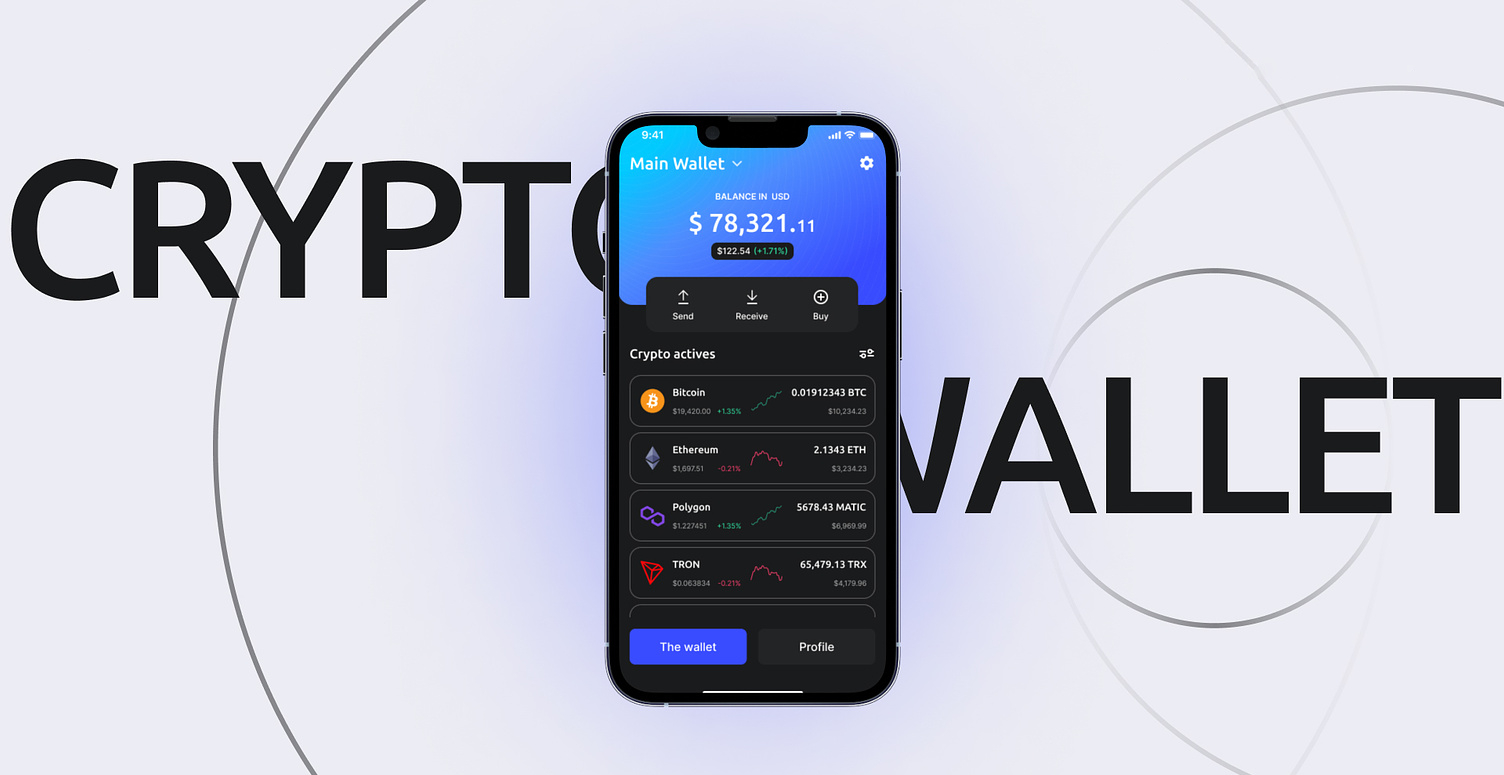Cryptocurrency wallets are vital tools for managing digital assets, allowing users to securely store, send, and receive cryptocurrencies. With the increasing adoption of cryptocurrencies, understanding the various types of wallets and their functionalities is crucial for both beginners and seasoned investors. This article explores the different types of cryptocurrency wallets, their features, and their advantages and disadvantages.
1. Hardware Wallets
Hardware wallets are physical devices designed to store cryptocurrencies securely offline. These wallets are known for their high level of security as they keep private keys isolated from internet-connected devices, making them less vulnerable to hacking and malware attacks.
Enhanced Security: Hardware wallets store private keys offline, significantly reducing the risk of hacking.
Protection Against Malware: Since they are not connected to the internet, they are immune to viruses and malware that can compromise other types of wallets.
Backup and Recovery: Most hardware wallets offer robust backup and recovery options, ensuring that users can recover their funds if the device is lost or damaged.
Disadvantages:
Cost: Hardware wallets are more expensive compared to other types of wallets.
Physical Damage: The physical device can be lost, stolen, or damaged, although recovery options are available.
Popular Hardware Wallets: Ledger Nano S, Ledger Nano X, Trezor Model T.
2. Software Wallets
Software wallets are digital applications or programs that can be installed on computers or mobile devices. They come in three main types: desktop, mobile, and web wallets.
a. Desktop Wallets:
Desktop wallets are installed on a user’s personal computer, providing a high level of control over private keys. They are suitable for users who prefer managing their cryptocurrencies from their desktops.
Advantages:
Control: Users have complete ownership and management of their private keys.
Functionality: Desktop wallets often come with advanced features and support multiple cryptocurrencies.
Disadvantages:
Vulnerability: Being connected to the internet makes them susceptible to malware and hacking attacks.
Accessibility: Access is limited to the device on which the wallet is installed.
Popular Desktop Wallets: Electrum, Exodus, Bitcoin Core.
b. Mobile Wallets:
Mobile wallets are apps designed for smartphones, offering convenience and accessibility for users who need to manage their cryptocurrencies on the go.
Advantages:
Convenience: Easy to use and access from anywhere with a smartphone.
Features: Many mobile wallets offer features like QR code scanning for quick transactions.
Disadvantages:
Security Risks: Mobile devices are more prone to theft, loss, and malware attacks.
Limited Storage: Some mobile wallets may not support a large number of cryptocurrencies.
Popular Mobile Wallets: Trust Wallet, Mycelium, Atomic Wallet.
c. Web Wallets:
Web wallets are hosted on the cloud and can be accessed through a web browser. They provide convenience but also carry greater security risks.
Advantages:
Accessibility: Can be accessed from any internet-connected device.
Ease of Use: User-friendly interfaces make them ideal for beginners.
Disadvantages:
Security Concerns: Being online, they are vulnerable to hacking and phishing attacks.
Trust Issues: Users need to trust the wallet provider to manage their private keys securely.
Popular Web Wallets: Blockchain.info, Coinbase Wallet, MetaMask.
3. Paper Wallets
Paper wallets are physical documents that contain a user’s private and public keys, usually generated using a paper wallet generator. They are a form of cold storage, as they are not connected to the internet.
Advantages:
High Security: Being offline, they are immune to hacking and malware attacks.
Cost-Effective: No cost involved in creating a paper wallet.
Disadvantages:
Fragility: Paper is susceptible to damage, loss, or destruction.
User Error: Generating and handling paper wallets require careful attention to detail to avoid mistakes.
Popular Paper Wallet Generators: BitAddress, WalletGenerator.net.
4. Cold Wallets and Hot Wallets
Cold wallets and hot wallets are terms used to describe the method of storage.
Cold Wallets:
Cold wallets refer to any wallet that is not connected to the internet. Hardware wallets and paper wallets fall into this category.
Advantages:
Security: High level of security as they are offline and less vulnerable to online threats.
Disadvantages:
Accessibility: Less convenient for frequent transactions as they require manual intervention to access funds.
Hot Wallets:
Hot wallets are linked to the internet, facilitating convenient access for transactions. Software wallets and web wallets are examples of hot wallets.
Advantages:
Convenience: Ideal for daily transactions and immediate access to funds.
Disadvantages:
Security Risks: More susceptible to hacking and online attacks due to constant internet connectivity.
5. Multisignature Wallets
Multisignature (multisig) wallets necessitate the use of several private keys to validate a transaction. They are often used by organizations or individuals seeking an additional layer of security.
Advantages:
Enhanced Security: Transactions require multiple approvals, reducing the risk of unauthorized access.
Shared Control: Ideal for organizations where multiple stakeholders need to approve transactions.
Disadvantages:
Complexity: Setting up and managing multisig wallets may present more challenges compared to single-signature wallets due to their additional requirements.
Popular Multisig Wallets: Electrum, Armory, BitGo.
Conclusion
Choosing the right cryptocurrency wallet depends on individual needs, preferences, and the level of security required. Hardware wallets offer top-notch security for long-term storage, while mobile and web wallets provide convenience for daily transactions. Understanding the different types of cryptocurrency wallets and their features can help users make informed decisions and ensure the safe management of their digital assets. Whether you are a beginner or an experienced cryptocurrency user, selecting the appropriate wallet is a crucial step in your crypto journey.


Leave a comment
Your email address will not be published. Required fields are marked *